From Fred Ezeh, Abuja
The Independent Media and Policy Initiative (IMPI) has stated that the economic policies being championed by President Bola Ahmed Tinubu are yielding the expected results and that they have made Nigeria a rising economic force.
At a press conference in Abuja, on Tuesday, Chairman of the Initiative, Dr Omoniyi Akinsiju, said the courage shown by President Tinubu since 29 May 2023 in the course of reforming the Nigerian economy is not only unusual for a Nigerian-bred politician but underlines the higher calling of President Tinubu in the nation’s political journey.
He said: “Coming on the back of this, we can say with much confidence that, indeed, there has been no comparable first two years in office as that of President Tinubu since the nation returned to democracy in 1999.
“In those two years, we can testify by verifiable data that Nigeria has recorded a substantial economic restructuring in measures beyond the contemplation of the various advocacies around restructuring demanded of Nigerian leaders of the past 26 years.”
He said the group conducted an audit of global and domestic institutional ratings and quantification of Nigeria’s ongoing economic reforms, the outcome of which “indicates that the country is being increasingly recognised as a rising economic force and admired across the globe for the resolve shown by its leader in implementing difficult but necessary reforms.
“However, tangential to these growing positive global and domestic perceptions among communities of investors, we have also observed a strain of incredulity in some quarters of the national political class and the media that continue to belie the profound management of the national economy by the federal administration of President Tinubu.
“These elements have reduced the nation’s economic trajectory to a characterisation of high cost of living, bereft of the ongoing profound manoeuvres to restructure the national economy away from the misalignments and distortions of the past,” he added.
The group recalled that after coming to office on 29 May 2023, President Tinubu embarked on a deep economic reform programme, which global and domestic institutions, including individuals of responsible and objective standing, have all conceded to be necessary to right the distortions that hitherto hallmarked the public finances of Africa’s most populous country.
“These measures have come at a cost to many ordinary Nigerians, who are facing a cost-of-living reality on the heels of the implementation of what is known as the twin policies of petroleum subsidy removal and the harmonisation of the foreign exchange’s multiple windows. We wish, however, to assert that this does not define the multidimensional impact of the federal administration’s reforms of the last two years.
“Shortly after the commencement of the implementation of what we described as the two flagship reform policies, market-determined petrol prices rose starting in June 2023 by 77 per cent and the local currency, the Naira, weakened by 42 per cent in 2024. Both key underlying factors contributed to inflation, which stood at 33.2 per cent in 2024, up from 24.7 per cent in 2023.
“To dampen inflationary pressures, the Central Bank of Nigeria (CBN) tightened the policy rate to 27.5 per cent, creating in its wake different pressure points in the economy that include increased price of food, higher cost of movement of goods and people, and ballooning cost of import of raw materials and household items, which are basic symptoms of an economy in transition.
“Most impacted were the employed urban poor population, that is, those earning low wages and having to pay for transportation daily to get to work. This immediate manifestation of price outbursts across consumption items and services had always been expected by all past governments and managers of the nation’s economy. The unspoken word at that time was that the harbinger of any form of reform around petroleum subsidy and multiple exchange rates was condemned to unpopularity by the political class.
“For that reason, all civilian administrations from 1999 merely nibbled at the idea of addressing disconcerting issues arising from subsidy removal and harmonisation of the multiple exchange windows. These former leaders took to their heels at the first sign of protestation coming from the opposition political class.
“Yet, the challenges and associated economic constraints consequent upon the sustenance of what had been described as the ruinous policies of fuel subsidy and multiple exchange rate refused to disappear.”
He noted that as Nigeria’s election cycle edges towards 2027, President Tinubu may be tempted to slow the pace of change, “but that will be a mistake on his part. He should forge ahead with the overriding aim of making ordinary Nigerians, not just investors, feel the benefits of his ‘shock therapy’.”



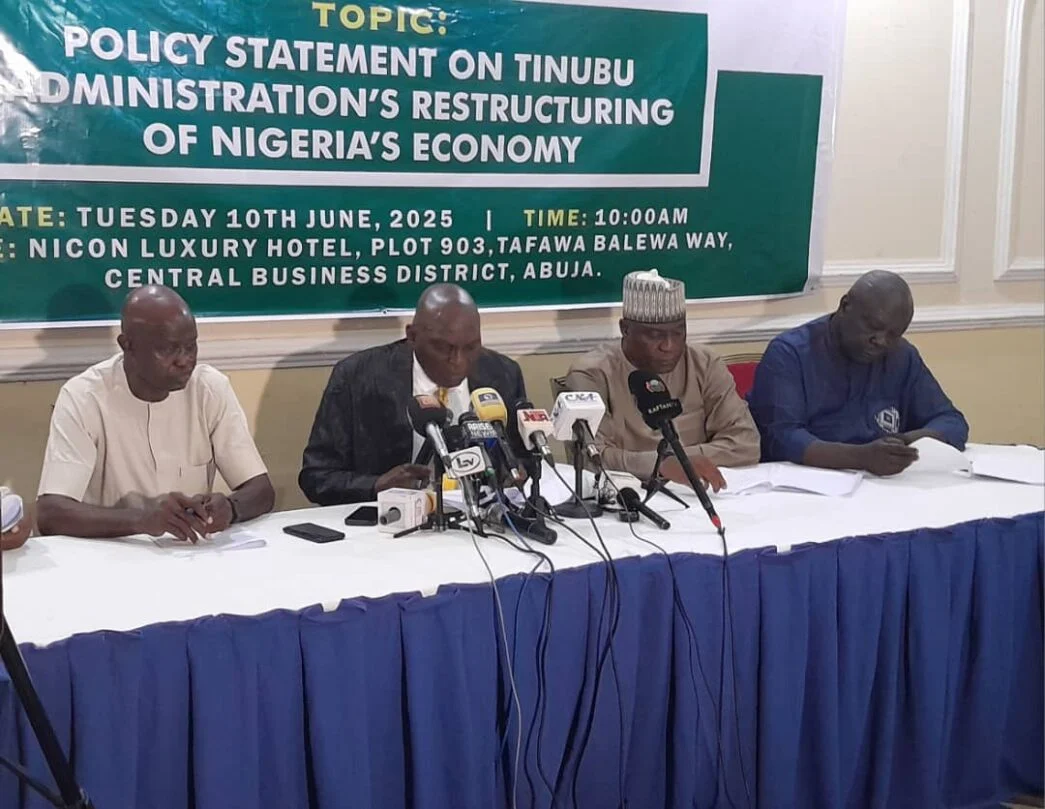
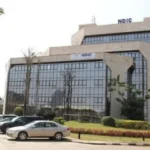
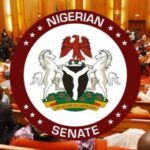
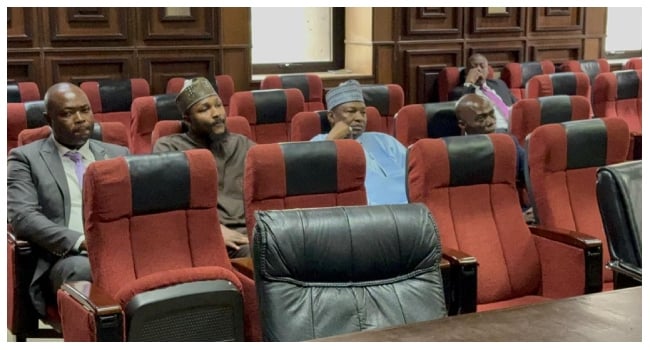

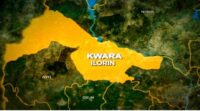
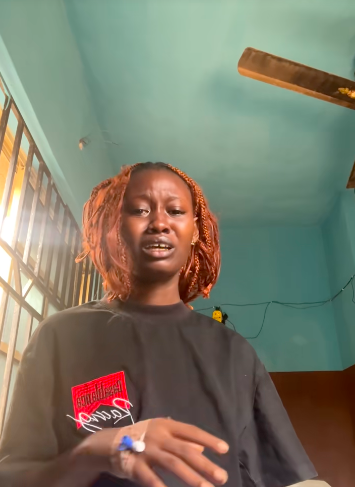
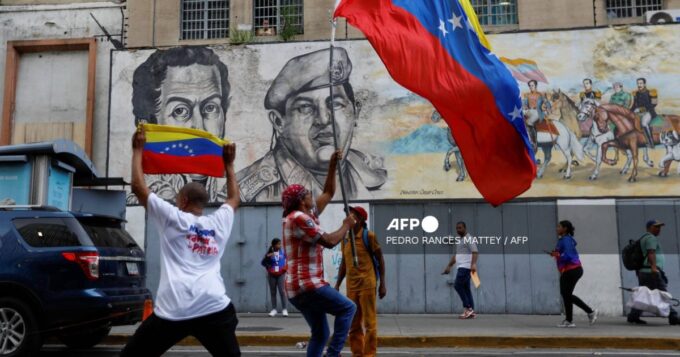
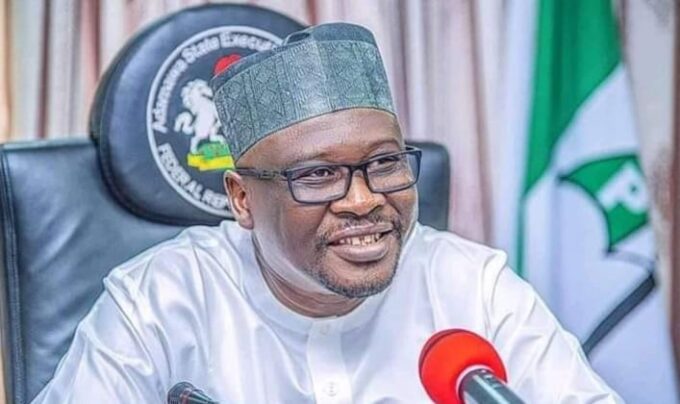





Leave a comment